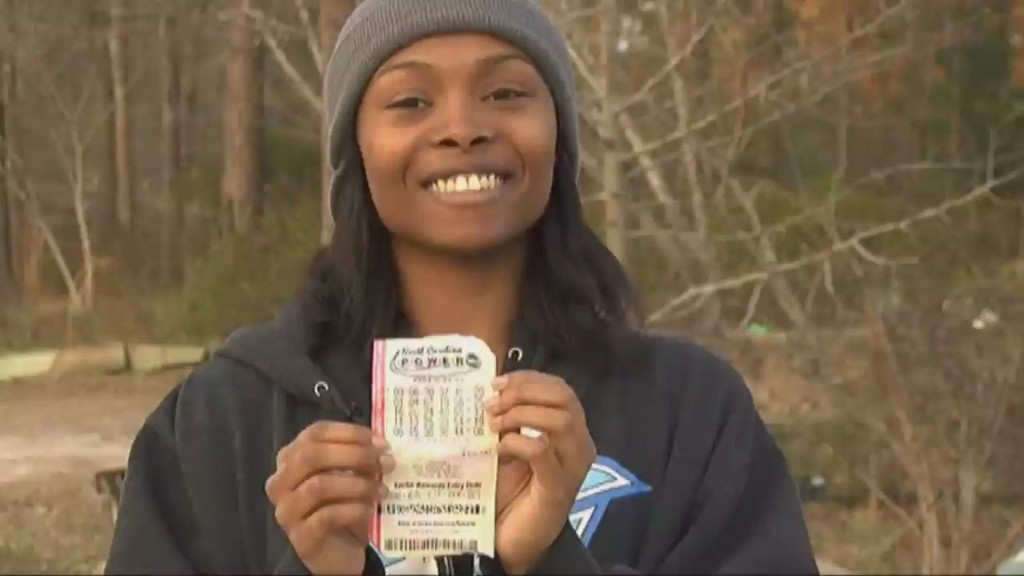
Three lucky Powerball winners will split the $564.1 million jackpot, but one of them might just be the luckiest.
Why? The winner from Puerto Rico will likely pay significantly lower taxes than the winners from Texas and North Carolina.
The unknown factor is whether the winnings from a ticket sold in Puerto Rico are considered a Puerto Rican source of income. If so, the winnings won't be subject to U.S. federal income taxes.
The IRS needs to weigh in but could not immediately be reached for comment.
"This is the first time they've had a winner [in Puerto Rico]," said Joy Hail, a senior tax analyst at Wolters Kluwer Tax & Accounting U.S. "We haven't seen any guidance released from the IRS."
Puerto Rico, which is a U.S. territory, has only been included in the Powerball since October 2014.
"I don't know that this scenario has been discussed," Hail added.
Hail said the Puerto Rican tax code specifies that prizes from lottery winnings are exempt from income tax. Instead, prizes are subject to a special tax, which ranges from 5% to 20% of the total winnings.
"Because of the amount of the winnings here, the Puerto Rico resident would be subject to a 20% tax on their winnings," she said.
That sounds like a lot. But the combined federal and state income taxes that U.S. residents pay will be more. (For instance, in North Carolina, it would come to about 45%.)
Powerball winners can choose to be paid over the course of many years, in which case they'd get one-third of the $564.1 million. But most opt for a lump sum payment, which would make the total about $381 million. Assuming that's what the Puerto Rico winner chooses, Hail said the winnings would be about $127,046,150 -- and the lottery tax will be $25,409,230.
The fact that there's a winner who likely won't have to pay U.S. income taxes is sparking controversy. Many have taken to Twitter to air their frustrations, politically correct or not.
Some are outraged that a winner would not have to pay federal taxes. Others are simply disappointed that this has stirred up racial tensions.
"I can't believe people show their hidden racist persona when someone from Puerto Rico wins the Powerball. They all should be ashamed," tweeted @boricualuterano.
